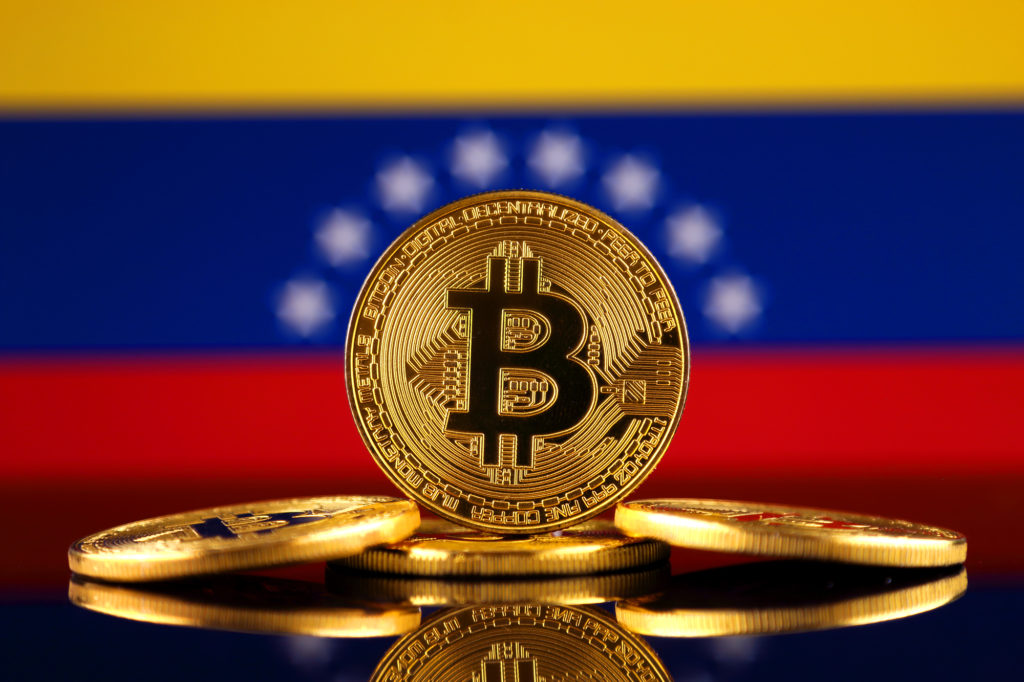
In general, Venezuelans cite a combination of factors for the rise of cryptocurrencies in the country, including migration, capital controls, risk of government seizure, demand for strong money, and exposure to petro, the government-backed cryptocurrency. Whatever the cause, the data indicates that bitcoin adoption in Venezuela could increase further.
The causes of this trend
Expatriate Venezuelan citizens use bitcoin to send money home, where locals convert it into bolivars to buy food and pay bills. Operations on LocalBitcoins and Paxful using bolivars peaked in the first half of 2019 and have been around $ 20 million since then.
According to Gabriel Jiménez, a Venezuelan blockchain entrepreneur who spearheaded the development of the petro, the continued high volumes are driven by companies' demand for bitcoin. Venezuelan businesses often use bitcoin as a means of obtaining foreign currencies such as the dollar, he said.
However, other countries suffering from a similar hyperinflation situation are still far from Venezuela's levels in peer-to-peer bitcoin activity. Among the 10 economies that have experienced the highest annual inflation rates since 2017, according to data from the International Monetary Fund (IMF), only Venezuela, Argentina and Iran showed significant peer-to-peer market activity on bitcoin and none it is close to Venezuela in size or consistency.
The importance of a government-backed cryptocurrency
What sets Venezuela apart may be government support for a digital currency. The petro helped ease Venezuelans' fear of dealing with services like LocalBitcoins, Jiménez said.
Some high-inflation countries have moved in the opposite direction. The government of Zimbabwe, where the two largest peer-to-peer bitcoin exchanges showed zero activity, has been working to curb cryptocurrency adoption.
Then there are other factors: Venezuela's inflation rate is measured by the IMF at orders of magnitude higher than any other economy in the top five for annual inflation rates. It reached 65.374% in 2018.
The next highest inflation rate recorded by the IMF in the past three years is in Zimbabwe, where it is expected to reach 319% in 2020. “The people living in Venezuela are under a very unstable and predatory government.
They suffer from extreme inflation and general economic instability. And here is a censorship-resistant and inflation-proof resource, therefore very attractive to those looking for a way to save their value, ”said Andrea O'Sullivan, director of technology and innovation at the James Madison Institute in Washington.
